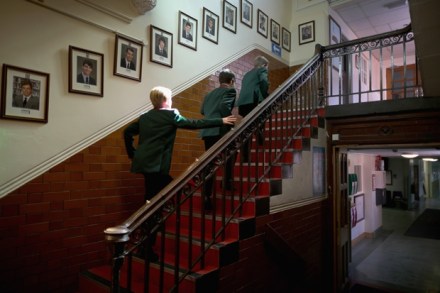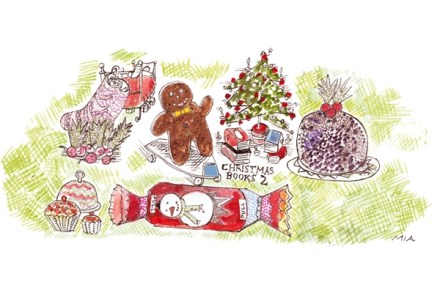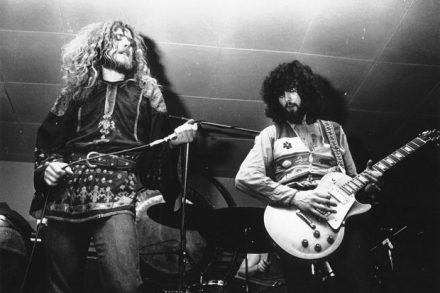Not so cold-blooded
More from BooksThe recent furore over a freakshow ice rink in Japan, with hapless fishes embedded beneath the skaters’ feet, was inexplicable to some. The fish were dead already, weren’t they, bought from the market? What’s the difference between eating them and gliding over their artlessly strewn bodies, posed as if in a frozen shoal like the






























